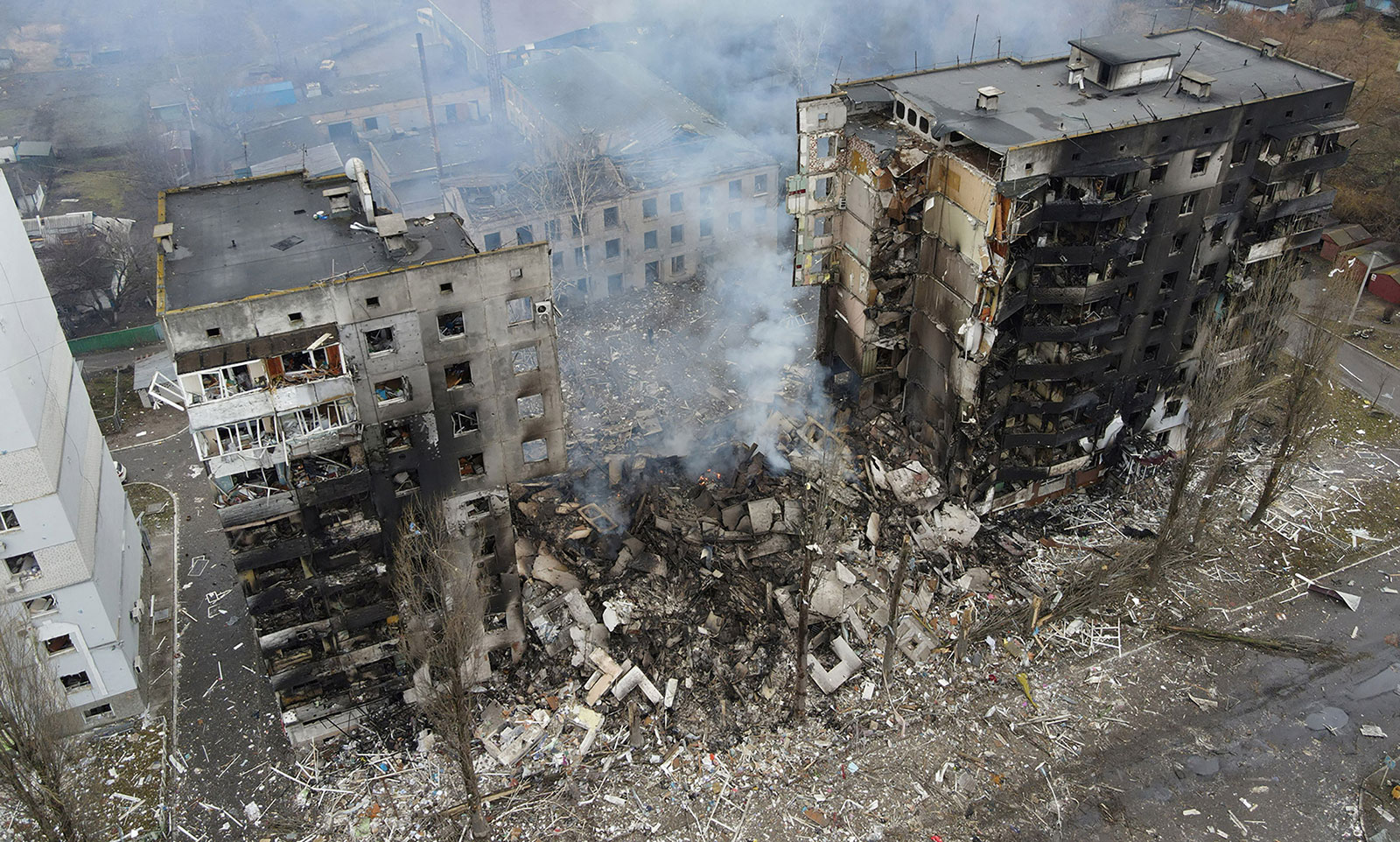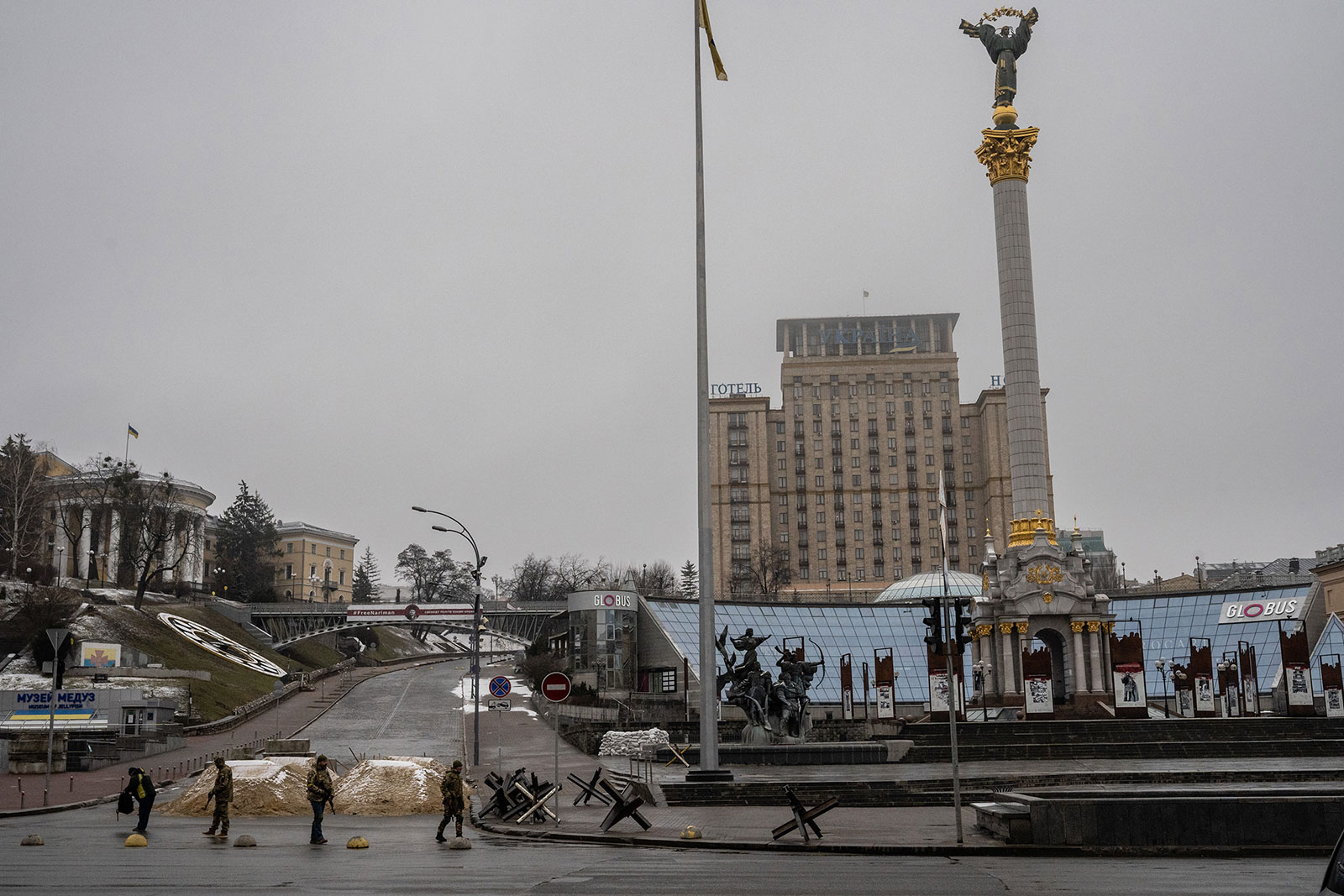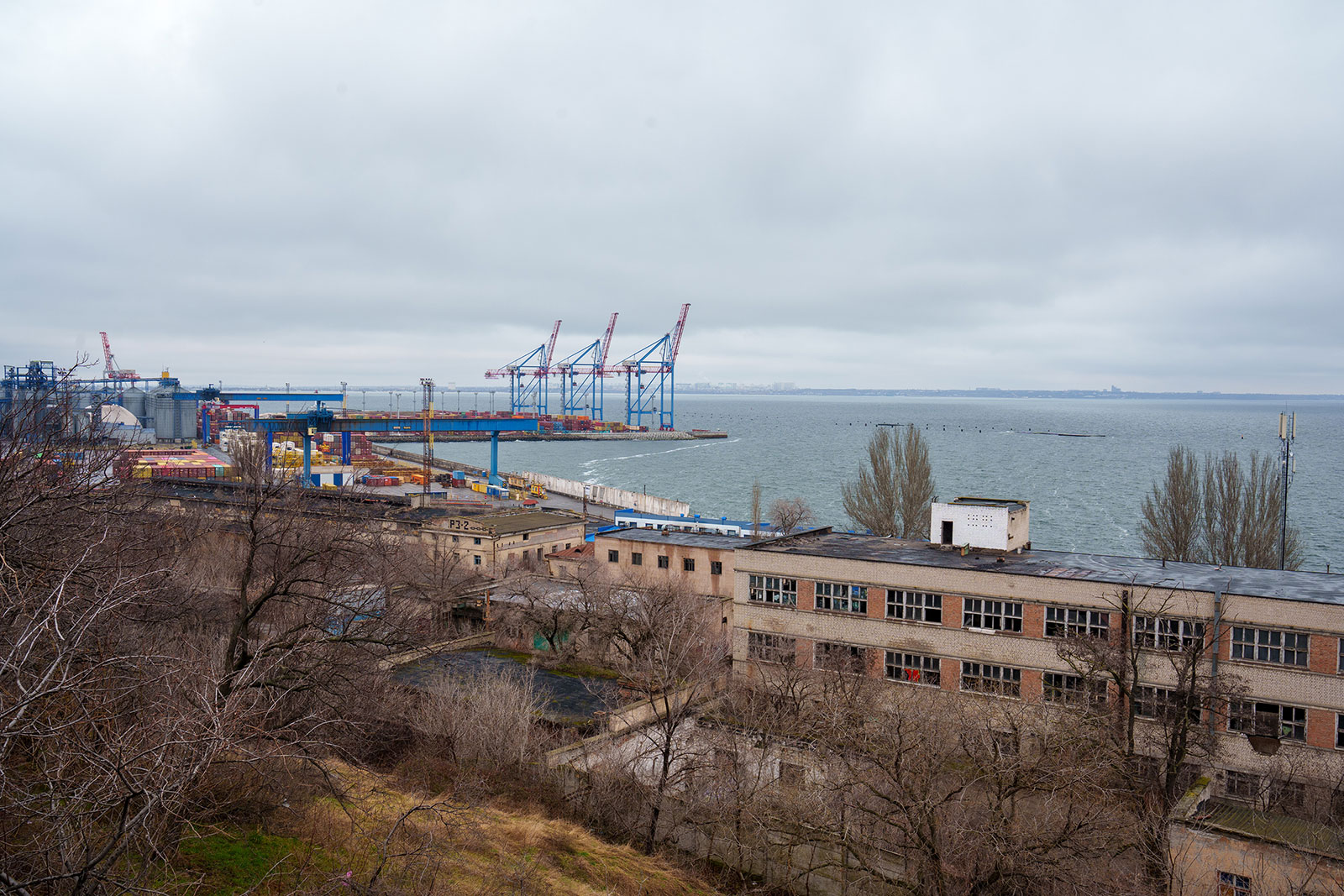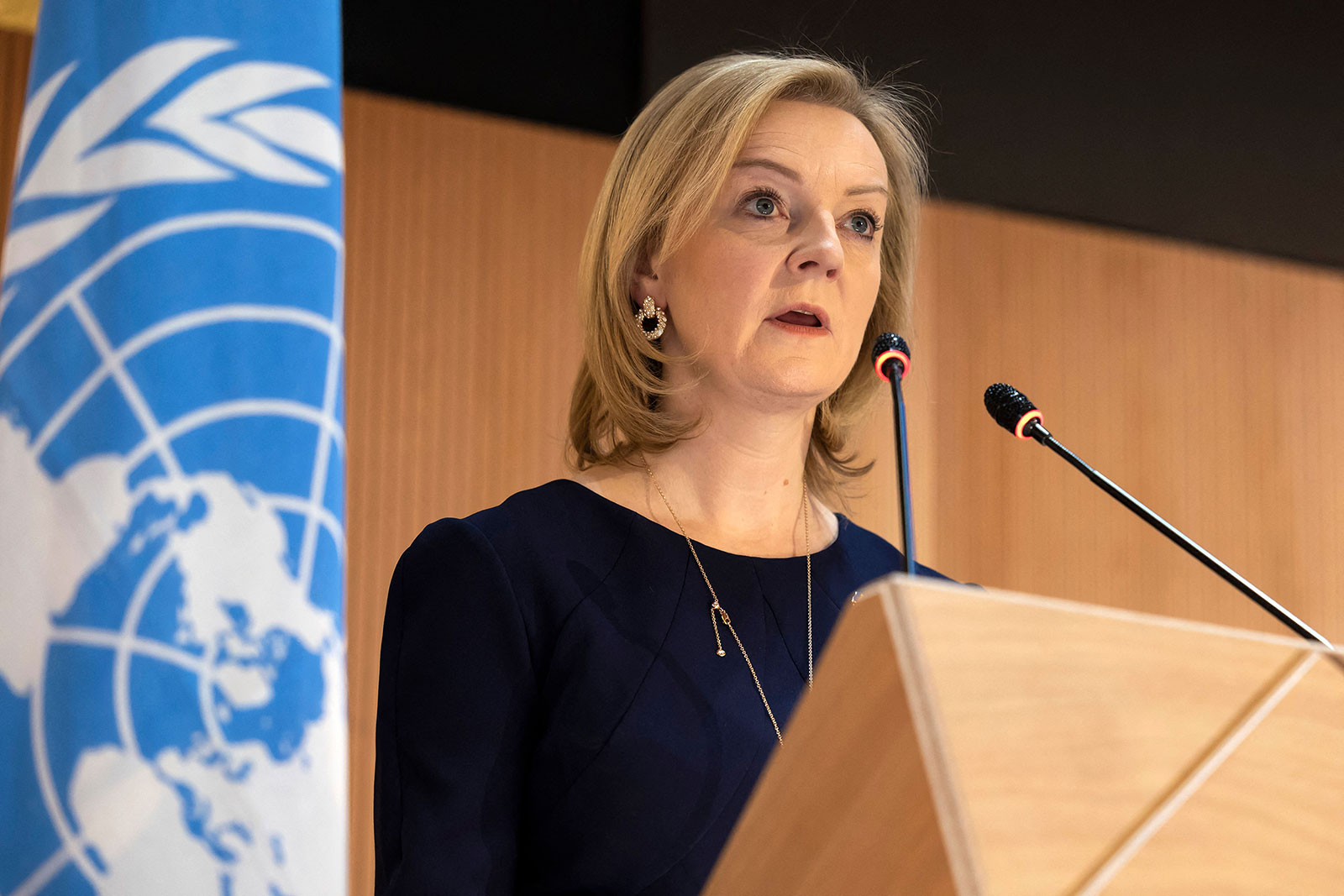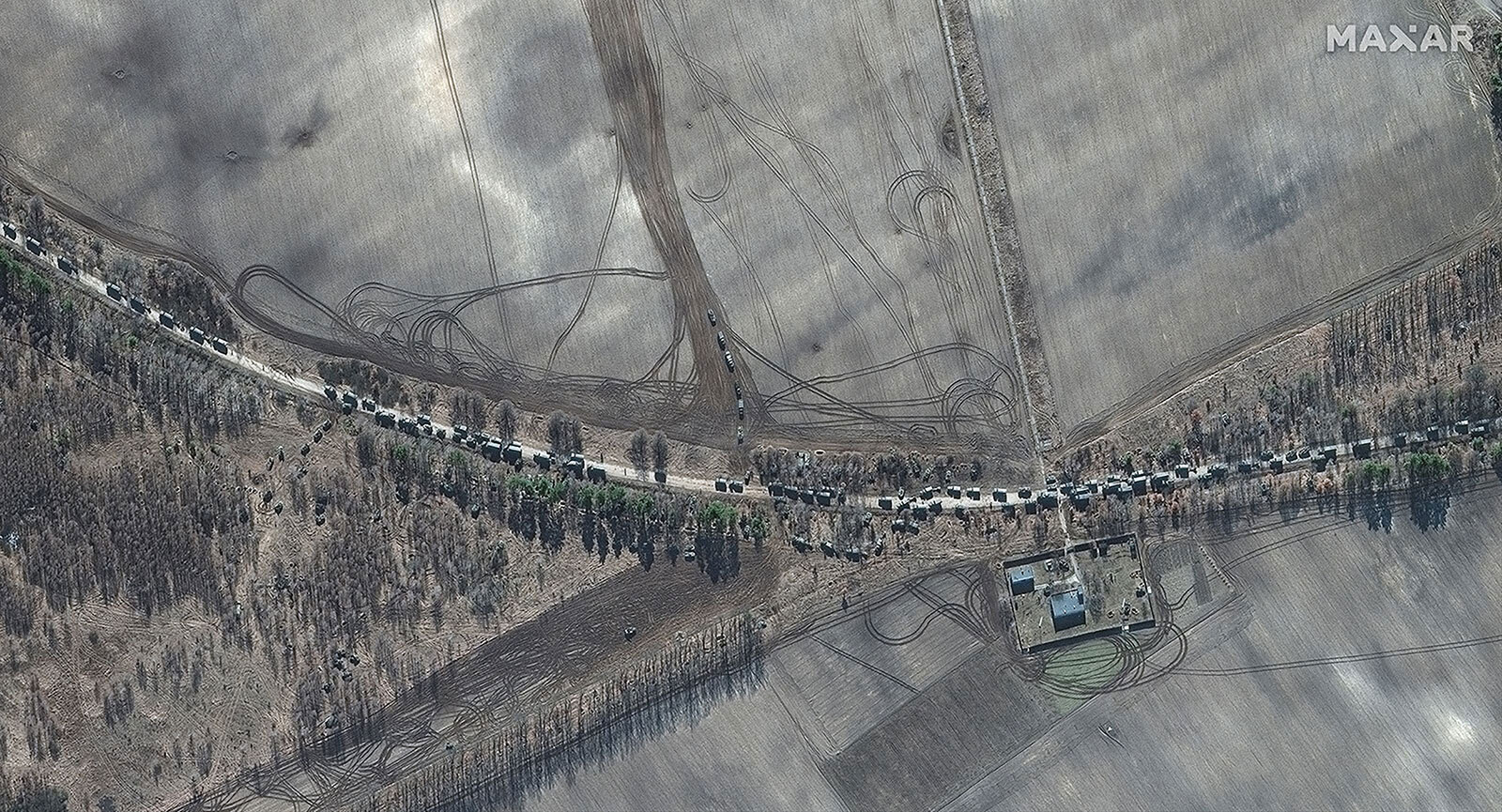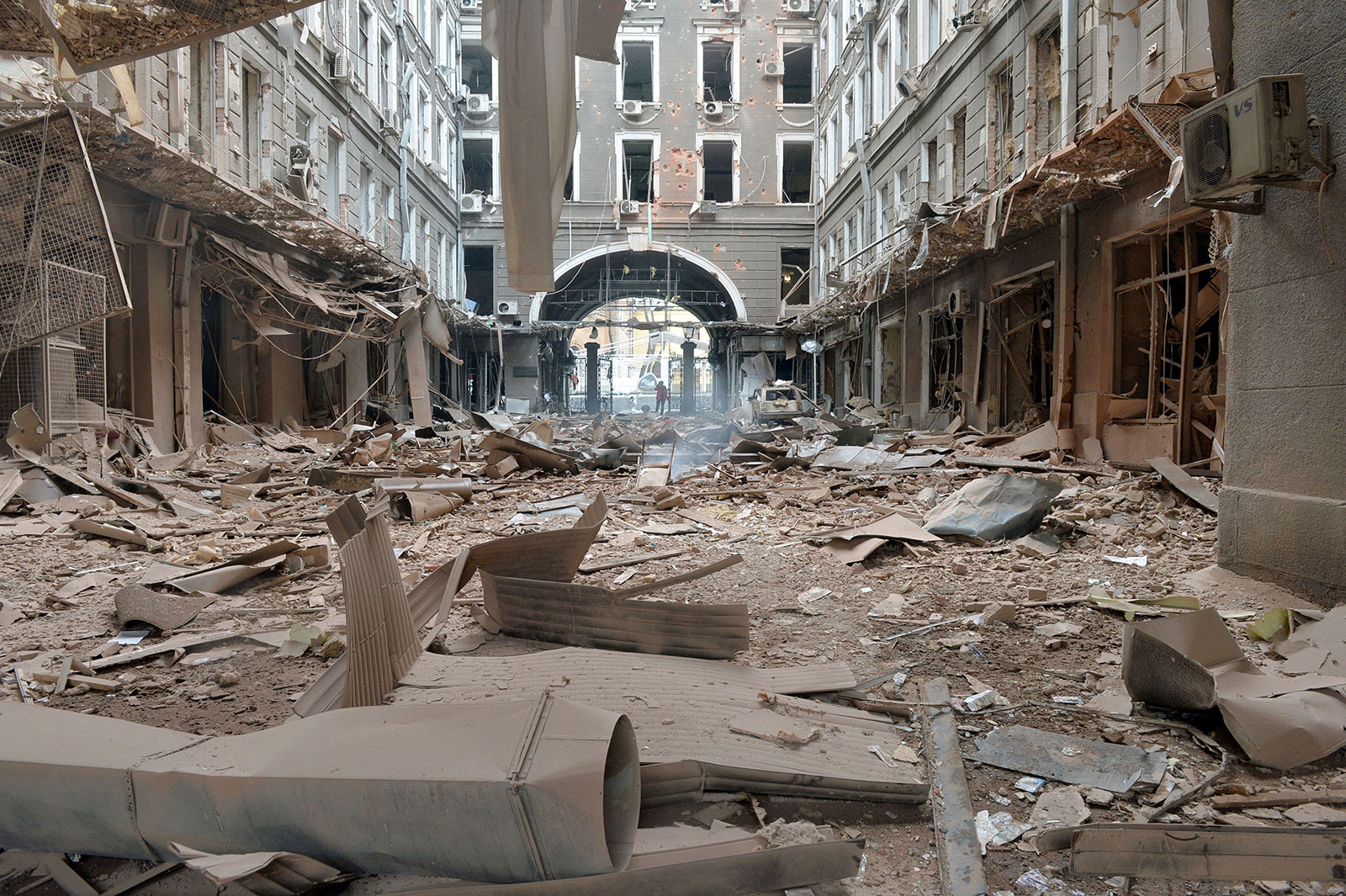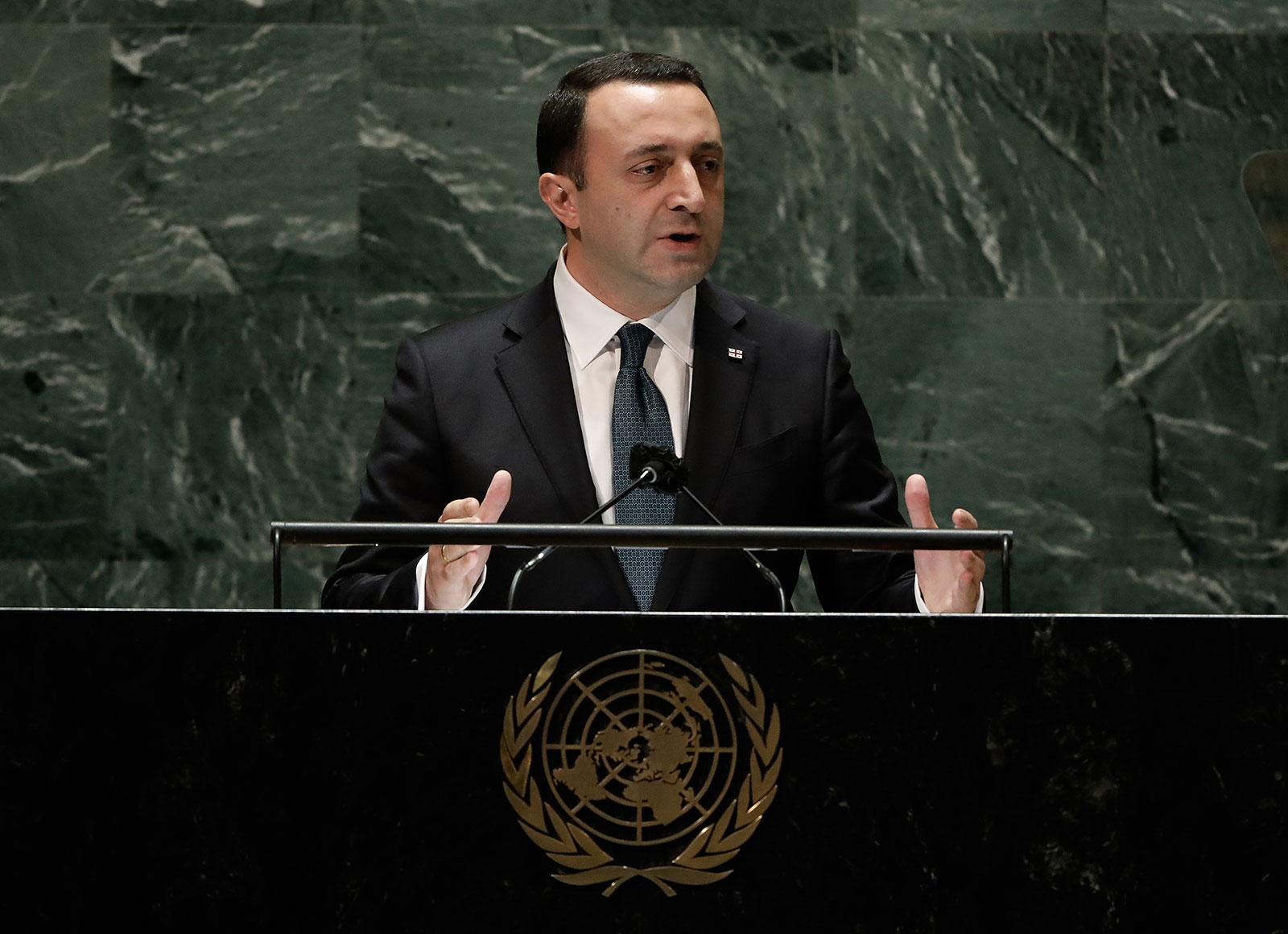
The former Soviet republic of Georgia has formally signed an application for membership into the European Union, Prime Minister Irakli Garibashvili said in a statement on the government's website Thursday, as Ukraine said it was seeking membership to the bloc after Russia's invasion.
“It is a historic day for Georgia — we are signing an Application for EU Membership on behalf of the country. Application for EU Membership is yet another milestone on the path of European integration of Georgia — it is a stage, which turns a new page in our history and continues the effort of our ancestors, which is aimed at the accession of Georgia into a common European family,” he said.
Tblisi had been prepared to apply for full EU membership in 2024, according to the European Parliament.
Tbilisi’s application comes two days after its neighbor and fellow former Soviet republic of Ukraine said it was seeking fast-track membership to the bloc.
Ukrainian President Volodymyr Zelensky asked the EU on Monday to "urgently admit Ukraine" to the bloc.
"We are grateful to partners for standing with us. But our goal is to be with all Europeans and, to be equal to them. I am sure we deserve it. I am sure it is possible," Zelensky said.
Some background: According to the EU Delegation to Georgia, an agreement was reached for closer political association and economic integration between Georgia and the bloc in 2016. A free trade area between the two was established in 2017, and Georgian citizens have the right to visa-free travel in the Schengen area.
Georgia has had a contentious relationship with Russia since it gained independence from the Soviet Union almost 30 years ago, with Russia backing two breakaway self-proclaimed republics in Georgia, South Ossetia and Abkhazia. In 2008, it spiraled into full-blown conflict after South Ossetian separatists attacked Georgian peacekeepers. Georgia sent troops into South Ossetia, and Russia responded with a military incursion into Georgia itself.
